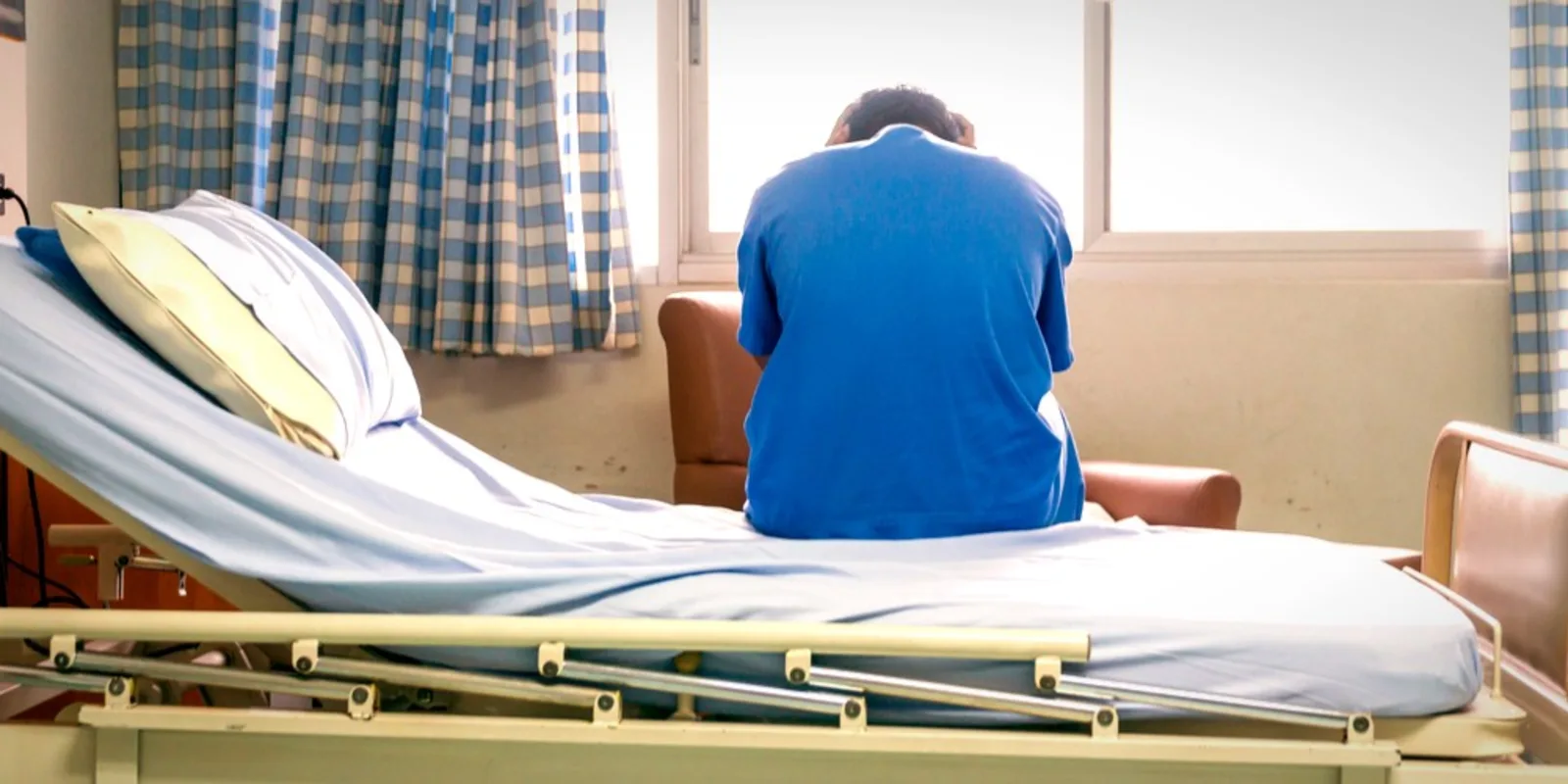
The core clerkship year, classically referred to as “the wards”, is viewed by many aspiring medical trainees as the most challenging yet rewarding year of medical school. Along the way, medical students hope to pick up certain kernels of truth which will define how we practice medicine for the rest of our careers. I expected and was prepared for my values and beliefs regarding patient care to be challenged by experiences during this year. However, I had not anticipated how regrettably subtle these defining moments would be.
Like apparitions amongst a sea of lab values, differential diagnoses, and the details of care coordination, these lessons disappeared as quickly as they appeared. For a novice trainee to timely recognize, fully appreciate, and tactfully integrate such lessons is not an everyday event — it’s a spectacle. It’s difficult to imagine how many such misses I have encountered and allowed to remain veiled, how many lessons lost from my eventual Hippocratic repertoire to the sands of time. Of the innumerable lessons I have learned, one continues to remain at the forefront of my memory as I endeavor to incorporate mindfulness into my everyday patient interactions.
It was wintertime and I was rotating through inpatient psychiatry at a tertiary academic medical center in the heart of Boston. By now, I had rotated through three services and had figured out the aspects of patient care I thoroughly enjoyed — at the top of the list was being able to interact with patients on a human level and getting to know them as more than simply a name, room number, and an alphabet soup of medical history. I was responsible for closely coordinating the care of three patients each day and it was not unusual for one of the three patients to be uncooperative despite the team’s best intentions. While I continued to look forward to seeing the first two patients who were actively participating in their own care, I lacked this sentiment with the third patient, who was hostile toward the nursing staff, vulgar in conversation, and uninterested in any proposed treatments. Up until then, I had considered myself an eager learner and compassionate caretaker but as the days passed, I began to question my motivations — were my partialities manifesting as a discrepancy in the quality of patient care?
Like any earnest disciple of science, I wanted to explore whether my suspicion was warranted, but I was ever cautious in each step, perhaps afraid of what I might discover about myself. My internal turmoil was palpable and I turned to my clerkship director at the time to discuss my concerns over coffee. Our dialogue centered around the phenomenon I had experienced and the truth I have come to realize. He recapitulated in plain terms, “unknowingly, we often provide better care to patients who are nice to us.” While true, I understood why I can’t let personal sentiment bias my delivery of care, and just as it is important to caringly treat the patient who may be difficult or simply misunderstood, it is critical not to preferentially indulge the “nice patient” with excessive attention and follow-up. After all, we may be their only advocates.
I knew I was not alone in this realization, and yet, this profound lesson was not a rite of passage for many trainees. Through the remainder of my clerkship year, I witnessed numerous instances of differential quality of care provided by students based on emotional factors — how pleasant and appreciative the patient seemed, whether the patient reminded us of a parent, sibling, or friend, and most importantly, how the patient made us feel. As I learned, even the most skilled physician may be susceptible to the same foible I had uncovered in myself — after all, we are human. Aptly summarized by my current physician-mentor, “to know ourselves, to know our own biases, and to become aware of them to deliver the same standard of care to each patient regardless of the core reactions they may elicit — it is what defines us as professionals.”
While medical students may be most vulnerable to the phenomenon of differential care and unintentional bias, realization of such instances should be embraced, rather than ignored. The pliable habits we develop during training become the rigid conventions we carry into practice — how many patient lives will our actions impact? There may be no better time than now for students and trainees to become aware of the influence our biases may have on clinical care. Only after we become cognizant of this phenomenon can we mindfully apply strategies to strive for optimal quality of care irrespective of our own tendencies.
David is a rising fourth-year MD/MBA Candidate at Tufts University School of Medicine, currently a research fellow in the Department of Dermatology at Brigham and Women’s Hospital. His NIH-funded research is focused on optimizing management of cellulitis and understanding the cost-effectiveness of dermatologic interventions. http://www.tuftsctsi.org/education/tl1-fellowship-programs/tl1-fellows/







